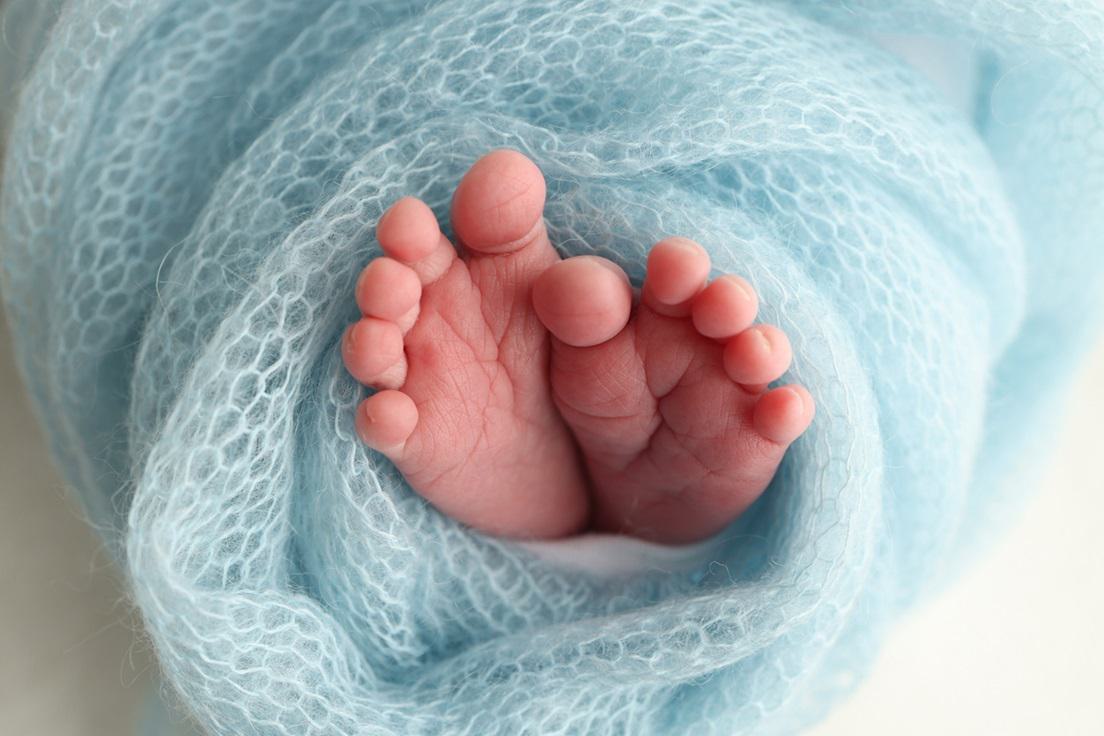Report: Hospitals Not Intervening to Save Premature Babies

Despite significant medical advances that allow extremely premature newborns to survive, many hospitals are still choosing not to intervene, according to an article in the Wall Street Journal. Instead of offering lifesaving treatment, these hospitals are telling parents that medical care is not an option and are offering only comfort measures.
Each year, more than 8,000 premature infants are born between 22 and 24 weeks of gestation. These infants face a higher risk of birth injuries because their muscles and nervous systems are not fully developed. Complications such as brain damage and cerebral palsy are more likely to occur.
Premature infants face numerous challenges. Their lungs often need support to function, requiring ventilators to breathe. Their skin is extremely delicate—just a few cells thick—making it susceptible to injury. They struggle to regulate their body temperature and may need special care to stay warm. Retinal development issues can cause blindness, and many require extra oxygen and feeding tubes. These babies may also experience developmental delays and, in severe cases, could suffer from long-term disabilities, low IQs, or an inability to care for themselves later in life.
According to the report, doctors generally provide lifesaving care to infants born at 25 or 26 weeks, but those born at 20 weeks or earlier are typically not treated. For babies born between 22 and 24 weeks, treatment decisions often vary by hospital, with no clear guidelines on which facilities will intervene. Neonatal Intensive Care Units (NICUs) are classified at four levels, and only level 3 and 4 NICUs are equipped to care for babies born before 32 weeks. Such care can be costly, with expenses exceeding $100,000 per child.
However, hospitals with extensive experience treating very premature infants report survival rates as high as 67% for babies born at 22 weeks. The article highlighted positive data from Japan and Sweden, where treating such young babies is more common. In Japan, 63% of infants born at 22 weeks survived to leave the NICU, while Sweden reported a 58% survival rate through the first year of life. In the U.S., nearly half (45%) of NICUs treat babies born at 22 weeks. Minnesota sees 60% of these infants go home, while in Alabama, the survival rate climbs to 67%.
A 2022 study of more than 10,000 infants born between 2013 and 2018 across 19 U.S. medical centers found that about 30% of babies born at 22 weeks, and offered treatment, survived. Follow-up data on 29 of these children revealed that, by age two, roughly half had moderate neurodevelopmental disabilities, while the other half had mild or no disabilities.
Despite the risks, advocates argue that survival rates are so encouraging that hospitals should no longer refuse to provide treatment. However, since not all hospitals are equipped to care for extremely premature infants, parents may need to advocate for a transfer if their baby’s condition permits it.
While medical advances have improved outcomes, birth injuries and medical mishaps still occur. If you or your child suffered an injury during birth or in a Philadelphia hospital, and you would like to speak with a top Philadelphia birth injury attorney in Philadelphia, please contact us. Tom Duffy has recovered birth injury settlements in excess of $20,000,000.

